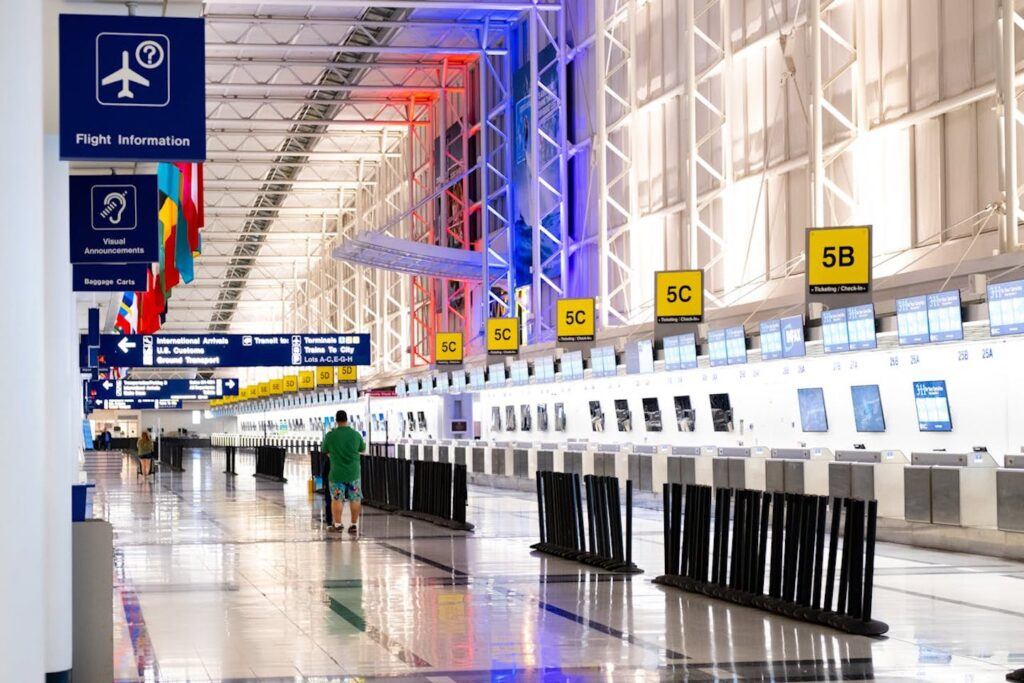The European Union is gearing up to introduce a new visa waiver system, the European Travel Information and Authorisation System (Etias), which is expected to affect British citizens visiting Portugal and other non-EU travelers starting from the summer of 2025. This scheme will require visitors from certain non-EU countries, including the UK, to apply for a visa waiver before traveling to most European countries.
How Will Etias Work? Currently, UK citizens can visit the Schengen Area—which includes most EU countries, except Ireland and Cyprus, as well as Iceland, Liechtenstein, Norway, and Switzerland—without a visa for up to 90 days within a 180-day period. However, under the new Etias rules, this will change. Travelers from non-EU countries on the Etias list will need to apply for a visa waiver to visit these countries for short stays, maintaining the same 90 days in 180 days limit. Stays longer than this will require a full visa.
The Etias will be linked to your passport and will be valid for three years, or until your passport expires—whichever comes first. Border guards will check this waiver when you enter the EU.
Cost and Application Process The cost of the Etias will be €7 for travelers aged between 18 and 70. For those under 18 or over 70, the waiver will be free. The EU claims this is significantly cheaper than similar systems, such as the US Esta, which currently costs $21 (€18.80; £16).

Applying for Etias will be straightforward, requiring only about 10 minutes to complete an online form or through a mobile app. This will include basic passport details, as well as questions about your background, such as criminal records and medical conditions. Most applications (about 95%) will be approved within minutes, although some may take up to 72 hours. In exceptional cases, processing could take up to four weeks.
When Will It Begin? The EU has stated that the Etias system will start in the first half of 2025. Initially, there will be a six-month grace period where the waiver requirement won’t be enforced, but travelers are advised to apply as early as possible.
Why Is This Happening? The Etias is part of the EU’s broader strategy to enhance border security in response to increased migration and concerns over terrorism. The system is designed to strengthen security checks on travelers from visa-free countries, helping EU states assess potential risks more effectively.
What About the Entry/Exit System (EES)? In addition to Etias, the EU is also introducing the Entry/Exit System (EES) starting November 10, 2024. This system will implement digital border controls across all EU entry points, replacing traditional passport stamping with biometric data collection, including fingerprints and photos. The EES aims to prevent overstays and improve security, though it may lead to longer processing times at the border.
As these changes approach, it’s crucial for UK travelers to stay informed and prepared, ensuring they have all the necessary documentation for smooth travel to Europe.